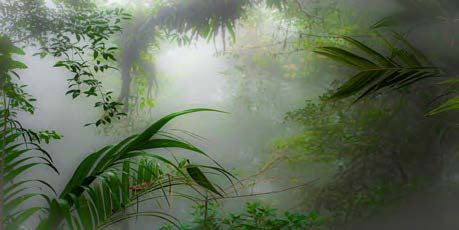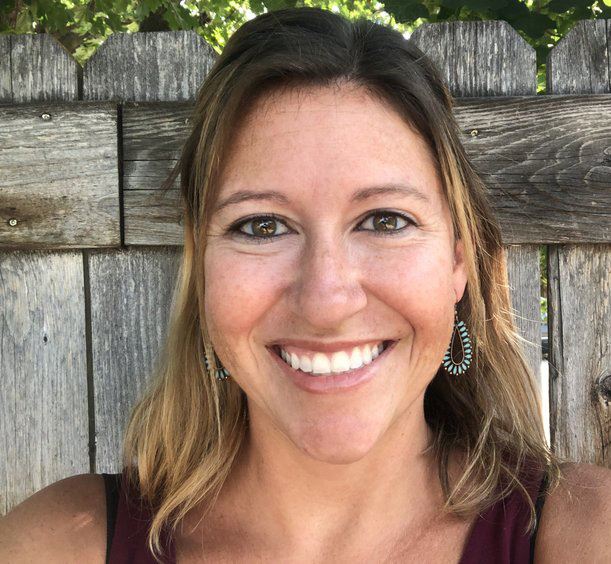| Advancing Integral Heritage Management |
WHERE WE GO
 Costa Rica is well known for its macaw conservation programs |
In Collaboration with the University of Montana 2-15 January 2026 4 Credits Course Size: 16 Students INTRO TO COSTA RICA There may be no better place than Costa Rica to both glimpse protected area evolution throughout the world as well as hold a study abroad program on this topic given the variety of protected area management regimes in such a small, easily accessible, tourist-friendly country with a storied park history. Costa Rica is one of the most bio-diverse countries in the world, with its ecotourism garnering much deserved attention. Its biodiversity is due to its rich combination of lush rain forests, mountains, volcanoes, and coastal plains. Located in Central America, the country enjoys coasts on both the Caribbean Sea and the Pacific Ocean. "Pura Vida" is a common phrase, meaning a way of life that is focused on happiness, optimism, and living life to the fullest. Other Resources CIA World Factbook: Costa Rica State Department on Travel in Costa Rica The Tico Times (Costa Rica´s oldest English paper) IMPORTANT LINKS
|
Exciting documentary of the 2024 PUP/UM course with student and staff testimonials, and many wildlife cameos, produced by Hsuan Hsieh, Clemson University doctoral student and course participant. The had students from three universities. COURSE INSTRUCTORS
JON KOHL Jon is founding director of the PUP Collaboratory. Since 1997 he and PUP have a long history in innovating holistic approaches to heritage planning, visitor or public use management in protected areas, and heritage interpretation in particular. He co-authored with emeritus UM professor Dr. Stephen McCool PUP’s foundational book that applies Integral Theory to heritage planning, The Future Has Other Plans: Holistically Planning to Conserve Natural and Cultural History. He has many years of experience in heritage interpretation and tourism management in protected areas as well as being a writer on these topics (see his ResearchGate profile), including teaching an online course on sustainable tourism and protected areas for UM´s graduate certificate program. He earned his degrees at Dartmouth College and the Yale University School of the Environment. Jon is also a dual citizen in the US and Costa Rica where he lives with his family and occasionally teaches at the University of Costa Rica.
DR. JENNIFER THOMSEN Jenn is an Associate Professor in the Department of Society and Conservation at the University of Montana and serves as the Director of the Parks, Tourism, and Recreation Management Program. Her research focuses on protected area management, sustainable tourism, outdoor recreation, and large landscape conservation. Jenn has worked on many projects in the Crown of the Continent including visitor use management for Glacier National Park, Flathead River System, and Pacific Northwest National Scenic Trail. She has also worked on stakeholder collaboration for transboundary conservation and hopes to expand her work in the Crown of the Continent. STEPHANIE VALLE CUBERO
Stephanie is a Costa Rican biologist and naturalist guide with over 15 years of experience in environmental interpretation, wildlife management, natural resource conservation, and guiding. She holds a bachelor´s degree in tropical biology from the National University and a licentiate degree in Natural Resource Management from the State Distance Learning University of Costa Rica (UNED). Her work focuses on human–wildlife conflict, particularly illegal trafficking, keeping wild birds, and environmental education. She has collaborated with NGOs and academic institutions on community education, ornithological research, and conservation strategies across Costa Rica. |


 Worldwide Evolution of Protected Areas Seen in Costa Rica
Worldwide Evolution of Protected Areas Seen in Costa Rica


